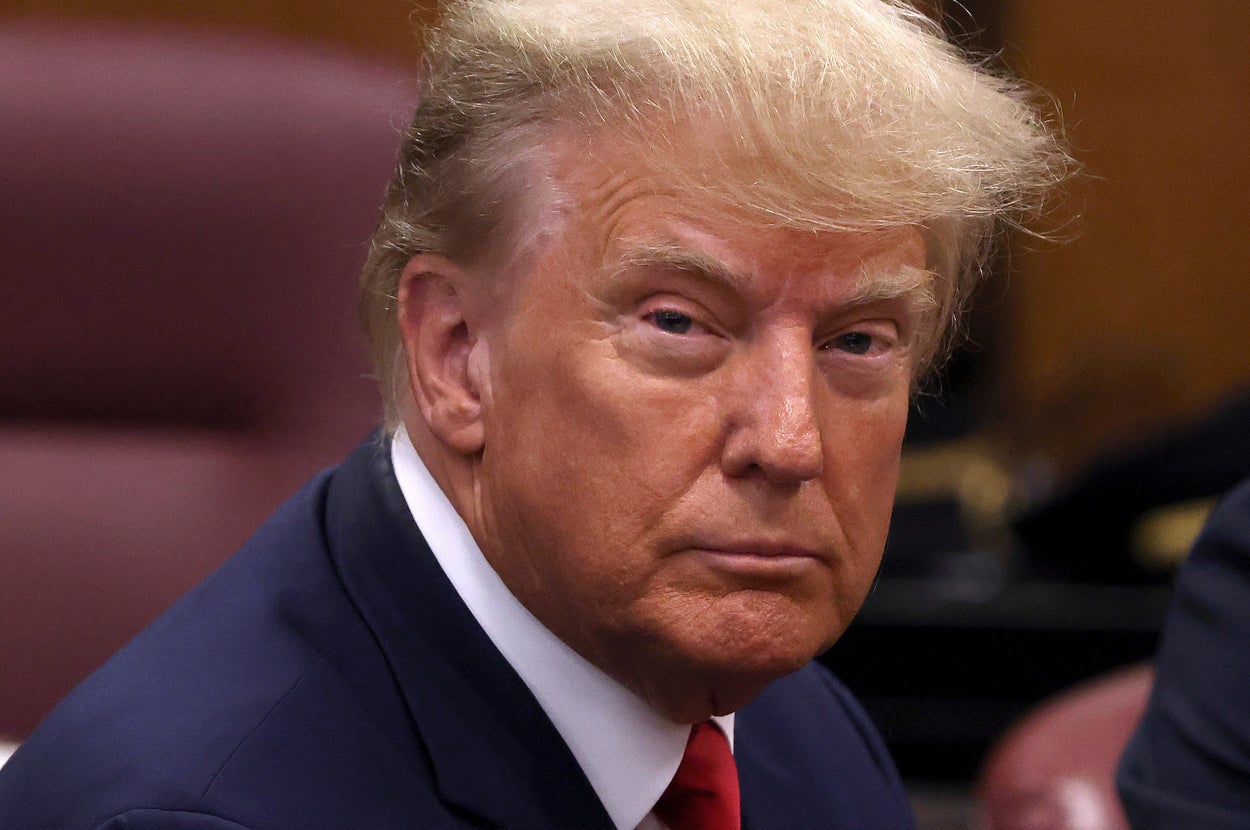In the intricate world of media, politics, and law, the actions taken by American Media in conjunction with individuals linked to Donald Trump unveil a complex narrative involving tactics like “catch and kill” to suppress potentially damaging stories. This article delves into the events and legal actions connected to two instances where stories involving Donald Trump were bought and subsequently quashed, alongside other revealing engagements that portray a tangled web of financial and moral questions.
The first documented instance of “catch and kill” by American Media pertains to a Trump Tower door attendant who purportedly had information about a child Donald Trump allegedly fathered outside of his marriage. The attendant was ready to publicize his story, but instead accepted a payment of $30,000 from American Media for the exclusive rights to the tale. However, once acquired, the media company chose not to publish the story, which was later described as not credible.
The second case involves Karen McDougal, a former Playboy model who alleged an affair with Trump during the early 2000s, a period during which he was married. American Media stepped in once more, this time paying McDougal $150,000 to stifle her story from going public. This situation was described in more detail during proceedings, with prosecutors highlighting the strategic moves made to ensure McDougal’s silence.
In a pivotal recording from September 2016, Michael Cohen, Trump’s attorney at the time, was reportedly discussing the logistics of facilitating a payment to keep McDougal’s allegations private. He mentioned setting up a company specifically for processing a wire transfer to McDougal. During this conversation, Trump inquired about the payment amount and suggested the possibility of paying in cash, although he was advised against it and a check payment was then proposed.
The situation escalated in visibility and complexity in October 2016 following the public release of the infamous “Access Hollywood” tape which recorded Trump discussing inappropriate behavior towards women. In the wake of this controversy, prosecutors argue that American Media’s editor-in-chief coordinated between Stormy Daniels’s lawyer and Cohen, facilitating another hush money arrangement. Trump, hesitant to personally make the payment, had Cohen arrange for $130,000 to be sent to Daniels’s attorney through a newly opened bank account under the shell company, Essential Consultants LLC.
Post-2016 electoral victory, as Trump transitioned into his presidential role, there was a strategic unwinding of obligations. The previously signed nondisclosure agreements with the Trump Tower door attendant and McDougal were nullified by American Media. Trump reportedly met with David Pecker, the head of American Media, to express his gratitude for suppressing the damaging narratives.
These financial engagements continued into Trump’s presidency, with Cohen being reimbursed by the Trump Organization under the guise of a retainer agreement, an arrangement prosecutors have labeled as fraudulent. Throughout 2017, invoices generated by Cohen detailed payments meant for legal retainers which, according to prosecutors, were actually installments to cover the hush money repayment. Trump purportedly supplemented these business payments with personal checks.
Ultimately, 34 false entries were noted in New York business records, an attempt to conceal the original covert payment to Daniels and mischaracterize the nature of reimbursements for tax purposes. The legal ramifications of these acts culminated in August 2018 with the FBI executing a search warrant at Cohen’s residence and offices. Following federal scrutiny, Cohen was admonished by Trump to “stay strong” during phone conversations post-raid.
The legal fallout was swift and serious. Cohen pled guilty to eight charges, including tax evasion and making false statements to financial institutions. The plea exposed the depth of the legal infractions and set off a series of investigative actions against other involved parties. Additionally, American Media inked a non-prosecution agreement due to their cooperation with the subsequent investigation, highlighting the broader implications and the multiple layers of involvement by various entities connected to these events.
In conclusion, these legal skirmishes underscore a murky intersection of media practices, politics, and the legal system, spotlighting the measures some are willing to take to shield reputations and careers. The outlined events not only reveal about the lengths at which the involved parties have gone to secure silence but also illustrate the potential legal and ethical ramifications of such actions in the eyes of public and judicial scrutiny.









